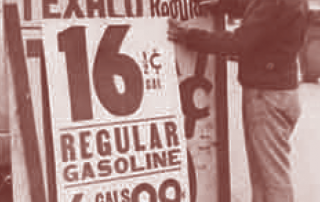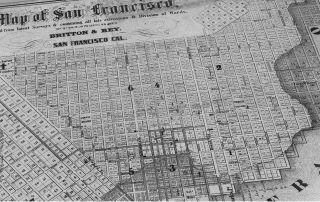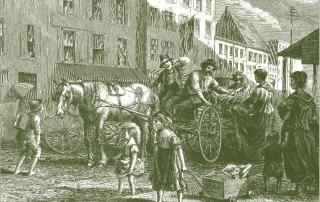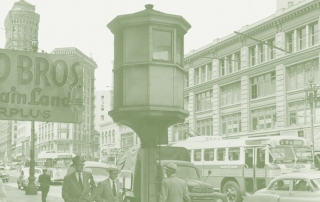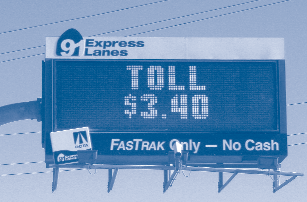ACCESS 50, Special Issue: Transportation Finance
Introduction: Greatest Hits
Brian D. Taylor
Prior to the recent explosion of digital access to individual songs, greatest hits albums were a staple of the music industry. An artist with enough successful albums under his or her belt could repackage the best songs on each previous album into a greatest hits collection, which often then became a bestseller itself.
Here at ACCESS, we have more than a few successful issues under our collective belt, so many that our first greatest hits album even has a theme: Transportation Finance. While it was hard to narrow it down, the six articles we chose for this ACCESS Finance Special Issue collectively consider creative approaches emerging in California and elsewhere to address our mounting financial challenges in transportation.


